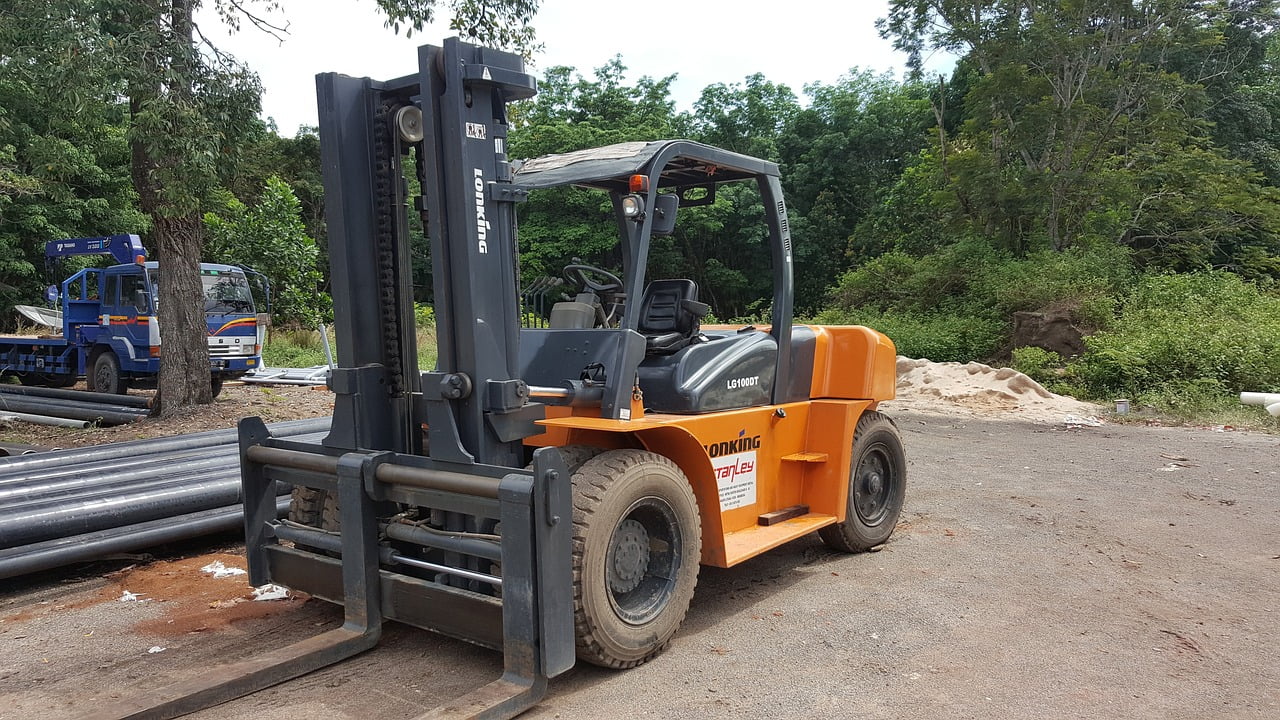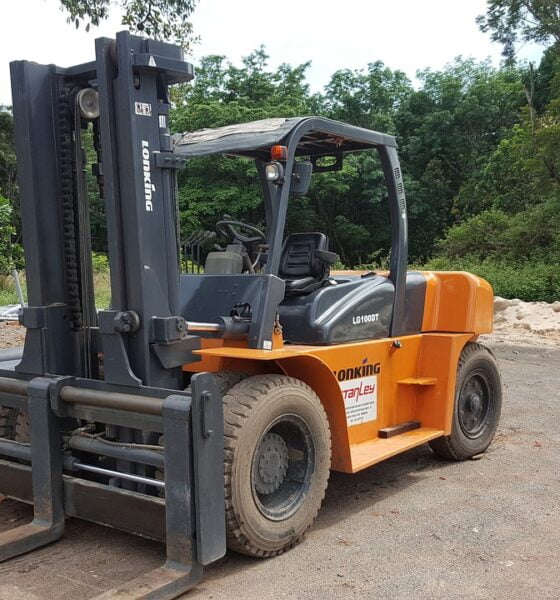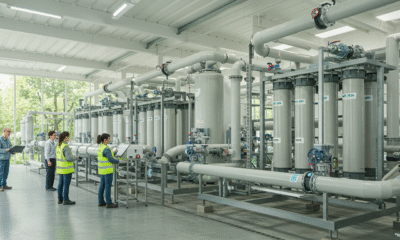More construction companies are going green. One of the ways they are doing so is by using eco-friendly fuels in their forklifts. Of course, they have to balance that concern against other issues.
When selecting the most suitable fuel type for forklift trucks, it’s crucial to consider various factors such as cost, operational efficiency, environmental impact, and application-specific requirements. Forklifts predominantly run on electric power, diesel, propane (LPG), or compressed natural gas (CNG), each having its own set of advantages and limitations. Sustainability is another important factor to consider for eco-friendly construction companies.
Finding the most eco-friendly fuel for forklifts is crucial for reducing industrial carbon footprints and promoting sustainability. Eco-friendly fuels minimize harmful emissions, improving air quality and safeguarding worker health. They also enhance energy efficiency, lower operational costs, and align with environmental regulations. By adopting green fuel options, companies demonstrate corporate social responsibility, fostering a positive public image and contributing to a healthier planet for future generations.
Electric Forklifts
Electric forklifts are increasingly popular in the industry due to their environmental benefits and lower operational costs over time. They produce no exhaust emissions, making them ideal for indoor usage where air quality is a concern. Technological advancements have led to improved battery life and fast-charging capabilities, reducing downtime significantly. However, the initial cost for batteries and charging infrastructure can be high, and they are best used in environments where changing external weather conditions do not affect operations.
Diesel Forklifts
Diesel forklifts are favored for their robust performance, especially in outdoor, rugged environments. They offer extended operational periods without the need for frequent refueling and can handle heavier loads efficiently. Diesel engines are typically more durable and suited to challenging weather conditions. Nonetheless, their high emission levels make them less suitable for indoor use without adequate ventilation.
Propane (LPG) Forklifts
Propane forklifts present a middle ground between electric and diesel variants. They can be utilized both indoors and outdoors, provided there is sufficient ventilation due to their emission levels being lower than those of diesel forklifts. Propane units are known for quick refueling capabilities and are relatively less expensive in terms of initial investment compared to electric forklifts. They are particularly useful in settings that lack the infrastructure for electric charging stations.
Compressed Natural Gas (CNG) Forklifts
CNG forklifts are recognized for their environmental friendliness, emitting fewer pollutants compared to their diesel and propane counterparts. They are suitable for indoor environments due to their low emission rates. However, they require a higher initial investment and have a less established refueling infrastructure, which could add to operational challenges. CNG units also require larger spaces for fuel storage and more frequent refueling compared to other types.
Operational Considerations
Selecting the appropriate forklift fuel type involves evaluating the specific needs of your operation. For indoor and light-duty applications, electric forklifts are preferable due to their clean operation and low noise levels. For operations requiring versatility and the ability to handle different terrains and weather conditions, diesel or propane forklifts are more suitable. When environmental impact and fuel costs are paramount, CNG forklifts may be the ideal choice despite their higher upfront costs.
The decision on which forklift fuel type to choose depends heavily on specific operational needs, cost considerations, and environmental priorities. Each type offers unique benefits and must be chosen based on a thorough analysis of the operational environment and long-term cost implications.


































